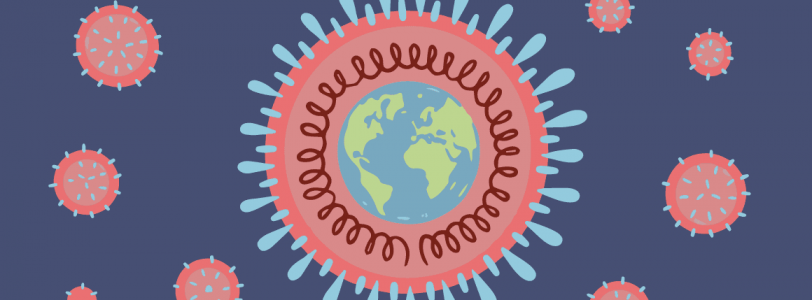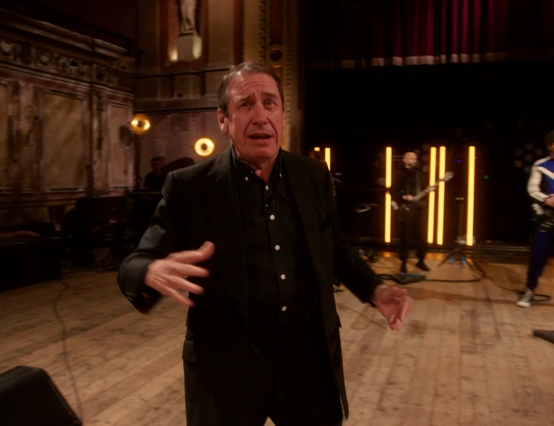The US Centre for Disease Control and Prevention director Dr Rochelle Walansky has come under fire due to comments she made on Good Morning America telling the presenters "The overwhelming number of deaths, over 75 per cent [in the US], occurred in people who had at least four comorbidities," she then goes on to say, "So really these are people who were unwell, to begin with, and yes, really encouraging news in the context of Omicron."
Dr Walansky’s comments have sparked the viral hashtag #MyDisabledLifeIsWorthy. Across the world, disabled people are sharing their anger and pain at the ableist comments which have perpetuated the view that the lives of those with disabilities are somehow less important than those without. Many individuals from several countries have also gone on to detail how they have been left without adequate care during the Covid pandemic, and why there needs to be a global shift in attitude towards those with disabilities.
Here in the UK, a third of all Covid deaths have been that of disabled people, with many highlighting that there has been little government guidance or support for those with disabilities and chronic illnesses.
Unfortunately, comments like these aren't new. In 2020, during the height of the pandemic, Tory MP and leader of the Commons Jacob Rees-Mogg came under fire for suggesting that MP’s who had to shield due to being clinically vulnerable were not doing their duty properly insisting that “It is our duty to hold the government to account and to legislate, and to do that properly, we need to be here.”
Rees-Mogg refused to apologise to Ministers and disabled people up and down the country for these comments.
The hashtag #MyDisabledLifeIsWorthy captured some of the outrage and hurt felt by many disabled people.
@AngryllamagoERR said, “I've had at least 4 diagnosed comorbidities since I was nine years old. Please tell me how you'd tell little baby Ashley that she shouldnt worry, her death would be encouraging for others. #MyDisabledLifeIsWorthy, and it always has been.”.
Others were keen to point out that disabled lives had been seen as disposable since the start of the pandemic.
@m0shim0chi tweeted: "hey @CDCDirector, eugenics is not a viable pandemic strategy. to present this as good news is telling disabled people that we are expendable for the sake of abled’s enjoyment of a lockdown-free society. #MyDisabledLifeIsWorthy"
Another Twitter user also added:"folks have pushed the narrative of vulnerable people’s lives being disposable for this entire pandemic (& before), and to see @CDCDirector finding our deaths “encouraging” bc they are less valuable to y’all than economical stimulation is so so appalling. #MyDisabledLifeIsWorthy"
As a disabled person, I find these remarks grossly dismissive of my own life – we are being treated like cattle rather than human beings. The notion that somebody with underlying health issues is an acceptable death is abhorrent and callous.
Leaders and those in power have consistently been inconsiderate to disabled people and their contribution to society, and most of them will never understand what it's like to have their dignity stripped away from you through a broken social care and benefits system. For example, Tory MP Michael Fabricant used the term “remongers” when talking about those who voted to remain during Brexit, riffing off a well recognised derogatory term for those with disabilities.
Even before of Covid disabled people were treated with disgust or disdain, and now those in power are treating Covid-19 like natural selection. Individuals with money will receive the best private care possible while those without are left at the mercy of an overstretched and underfunded NHS – which is leaving those with the most pressing needs underserved.
CDC director Rochelle Walensky comments highlight the lack of respect for disabled people – particularly from those in leadership roles. The scariest thing about the ableism shown is that she is a medical professional who is supposed to have a duty of care to everybody and not just those deemed fit and healthy. If our medical experts show a lack of concern for people with disabilities, how can we ever expect politicians to?









0 Comments